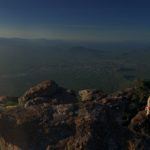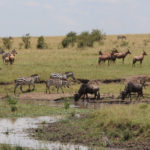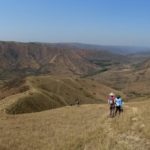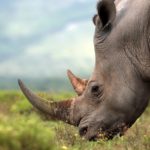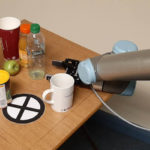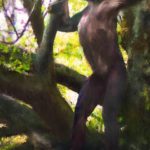Is this the earliest family photo taken at Stonehenge
An 1875 photograph believed to be the earliest family snap taken at Stonehenge will go on display for the first time today, as part...
Satellite data reveals dramatic change to Greenland’s ice sheet
A new study of Greenland’s ice sheet using long-term satellite records by Liverpool glaciologist, Dr James Lea, forms part of a collection of new insights into...
“Exceedingly rare” plant species face increased chances of extinction
According to new research nearly 40 percent of global land plant species can be categorized as very rare, and these species are most at...
Shrewd savannah species choose friends with benefits on the African plains
For species trying to boost their chances of avoiding predation, it could be a classic case of ‘it’s not what you know, it’s who...
Historic climate change on Mars might be detectable
Historical instances of extreme climate change on Mars could be detected through the measurement of subsurface temperatures, according to a new University of Stirling...
Rare gas find solves African landscape puzzle
The discovery of gases released from deep beneath the Earth’s crust could help to explain Southern Africa’s unusual landscape, a study suggests.
Scientists have long...
Creating fake rhino horn with horse hair to help save the endangered rhino
Scientists from the University of Oxford and Fudan University, Shanghai, have invented a way to create fake rhino horn using horse hair. Published in Scientific...
Gender Neutral Robots: 80% of Brits say yes!
Technology is advancing at a rate that a decade or two ago would have been unbelievable, robotic help is now upon us.
Seven in ten...
Practice makes perfect-Worker robots that learn from mistakes
Practise makes perfect – it is an adage that has helped humans become highly dexterous, and now it is an approach that is being...
Could this be the “missing link”?
A Previously unknown primate living twelve million years ago in southern Germany walked on two legs in an Upright posture millions of years earlier...



